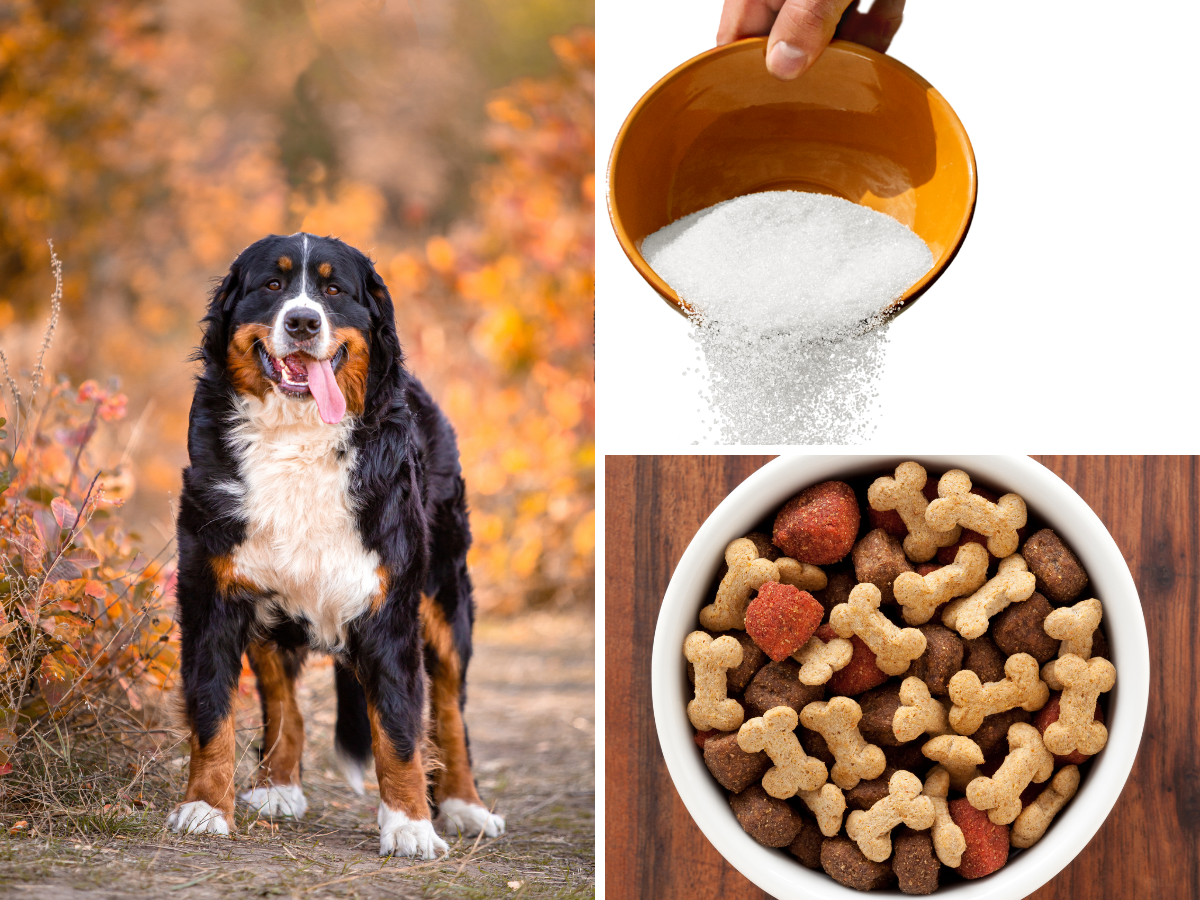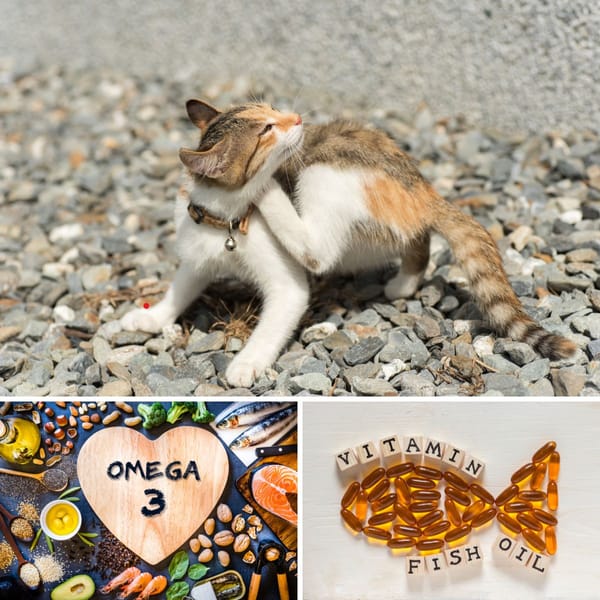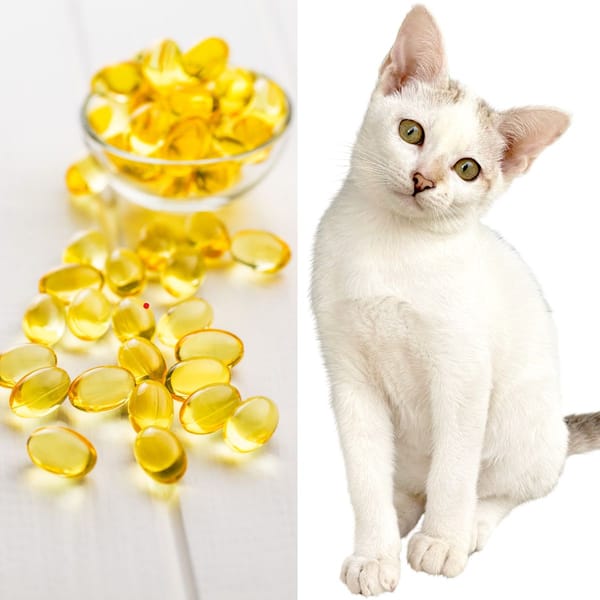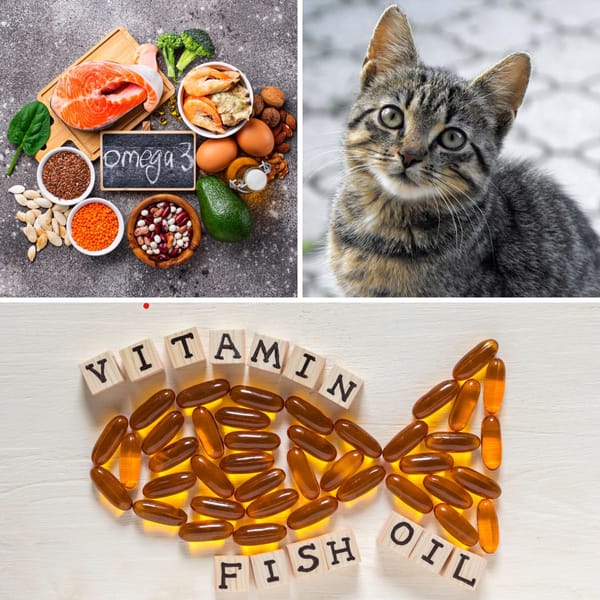Key Takeaways:
- Probiotics can be safely added to your dog's food to support digestive and immune health.
- It's important to choose probiotics specifically designed for dogs to ensure efficacy and safety.
- Consultation with a vet is recommended before starting any new supplement regimen for your pet.
Probiotics have become a buzzword in the health industry, and their benefits are not just limited to humans. Pet owners are now exploring the potential advantages of incorporating probiotics into their dogs' diets. But can you sprinkle probiotics on dog food, and if so, what are the implications for your dog's health? Let's dive into the world of dog probiotics and understand how they can contribute to a happier, healthier pet.
What Are Probiotics?
Probiotics are live bacteria and yeasts that are good for the health, especially the digestive system. They are often referred to as "beneficial bacteria" or "friendly bacteria." In dogs, probiotics can help maintain a healthy balance of gut bacteria, which is crucial for their overall well-being.
The Role of Probiotics in a Dog's Digestive Health
A dog's digestive system is home to a complex community of bacteria that play a key role in processing food, absorbing nutrients, and defending against harmful bacteria. Probiotics for dogs can help reinforce this community of beneficial bacteria, aiding in digestion and helping to prevent gastrointestinal issues such as irritable bowel syndrome and chronic diarrhea.
Can You Sprinkle Probiotics on Dog Food?
Yes, you can sprinkle probiotics on dog food. This is one of the simplest ways to administer these supplements to your pet. Dog probiotics come in several forms, including powders that can be easily added to your dog's food. However, it's essential to ensure that the probiotics are specifically designed for dogs, as their digestive systems are different from humans.
Choosing the Right Probiotic Supplements for Your Dog
When selecting probiotic supplements for your dog, look for products that contain strains of bacteria beneficial to dogs' gastrointestinal systems. Certain strains of Lactobacillus, Bifidobacterium, and Enterococcus are commonly used in dog probiotics. It's also important to check for live cultures and avoid supplements with artificial sweeteners or other additives that could be harmful to your dog.
The Impact of Probiotics on a Dog's Immune System
Probiotics do more than just aid digestion; they also play a crucial role in supporting a dog's immune system. A healthy gut microbiome can help prevent the overgrowth of harmful bacteria and potential pathogens, promoting a healthy immune response.
Probiotics and Food Allergies in Dogs
Many dogs suffer from food allergies that can cause digestive problems and skin issues. Probiotics can help manage these allergies by improving the gut's barrier function and reducing the immune system's overreaction to allergens.
Probiotic-Rich Ingredients in Dog Food Formulas
When it comes to enhancing your dog's diet with probiotics, it's not just about sprinkling supplements on top of their meals. Many dog food formulas are now being designed with probiotic-rich ingredients to support a healthy gut right from the get-go. These formulas often include prebiotics as well, which serve as food for the good bacteria, ensuring that your dog's digestive system is well-equipped to handle the challenges of digestion and absorption. Ingredients like chicory root, beet pulp, and inulin are common prebiotic components that work synergistically with probiotics to maintain a balanced GI tract.
Moreover, some dog foods go a step further by incorporating fermented foods like yogurt or kefir directly into their recipes. These not only provide a natural source of probiotics but also add a tangy flavor that many dogs enjoy. By choosing these specially formulated dog foods, pet owners can ensure their furry friends receive a steady supply of healthy bacteria, which can contribute to a robust immune system and overall well-being. It's a proactive approach to pet nutrition that can help prevent health problems associated with an imbalance of good and bad bacteria in the dog's gut.
The Interplay Between Probiotics and a Dog's Diet
The relationship between a dog's diet and the health of their gastrointestinal system cannot be overstated. Probiotics play a crucial role in maintaining the delicate balance of the dog's gut flora, which in turn has a significant impact on their overall health. When dogs eat a diet that is enriched with probiotics, they are more likely to have a healthy immune system, efficient digestion, and a reduced risk of gastrointestinal upset. This is particularly important for dogs with sensitive stomachs or those that have experienced disruptions to their GI tract, such as after long term antibiotic use.
In addition to commercial dog foods, pet owners can consider adding natural sources of good bacteria to their dog's diet. For instance, small amounts of plain, unsweetened yogurt or kefir can be mixed into the dog's food as a tasty probiotic treat. However, it's essential to ensure that these products are safe for canine consumption and do not contain xylitol or other ingredients harmful to dogs. By thoughtfully incorporating these elements into a dog's diet, owners can support their pet's digestive health and contribute to a thriving ecosystem within their dog's stomach and small intestine.
The Benefits of Fermented Foods for Dogs
In addition to probiotic supplements, fermented foods like plain yogurt, kefir, and fermented vegetables can be a natural source of beneficial bacteria for dogs. However, it's important to choose products without added sugars and to be mindful of dairy intolerance in some dogs.
Probiotics and Antibiotic Use in Dogs
Dogs on long-term antibiotic treatments may experience a disruption in their gut bacteria balance. Giving probiotics during and after antibiotic use can help restore a healthy balance of gut microbiome and prevent gastrointestinal upset.
How to Administer Probiotics to Your Dog
Sprinkling probiotic powder on your dog's food is an easy and effective method of administration. It's important to follow the dosage instructions on the probiotic supplement and to make any dietary changes gradually to avoid upsetting your dog's stomach.
Potential Side Effects of Probiotics in Dogs
While probiotics are generally safe for most dogs, some may experience mild side effects such as gas or bloating. If you notice any adverse reactions, it's best to consult with your vet.
When to Consult Your Vet About Probiotics
Before introducing any new supplements to your dog's diet, it's always a good idea to consult with your vet. They can provide guidance on the best probiotics for your dog's specific needs and health conditions.
The Long-Term Benefits of Probiotics for Dogs
Regular probiotic use can contribute to a healthier gastrointestinal tract and a stronger immune system, leading to better overall health for your dog. Dog owners who incorporate probiotics into their pet's diet often report fewer digestive issues and improved vitality.
Summary
Sprinkling probiotics on dog food is a convenient and beneficial way to support your dog's digestive and immune health. By choosing the right probiotic supplements and considering natural sources like fermented foods, pet owners can help maintain a healthy balance of gut bacteria in their dogs. Always consult with a vet before starting your dog on probiotics to ensure the best outcomes for their health.
FAQ Section
Q: Can human probiotics be used for dogs? A: It's not recommended to use human probiotics for dogs as they have different digestive systems and may require different strains of bacteria. Always choose probiotics that are specifically formulated for dogs.
Q: How long does it take for probiotics to work in dogs? A: The effects of probiotics can vary depending on the dog, but many owners report seeing improvements in their dog's digestive health within a few days to a week of consistent use.
Q: Can probiotics help with my dog's bad breath? A: Bad breath in dogs can be a sign of an imbalance in the gut bacteria. Probiotics can help restore this balance and may improve your dog's breath, but it's important to rule out any other underlying health issues with your vet.







